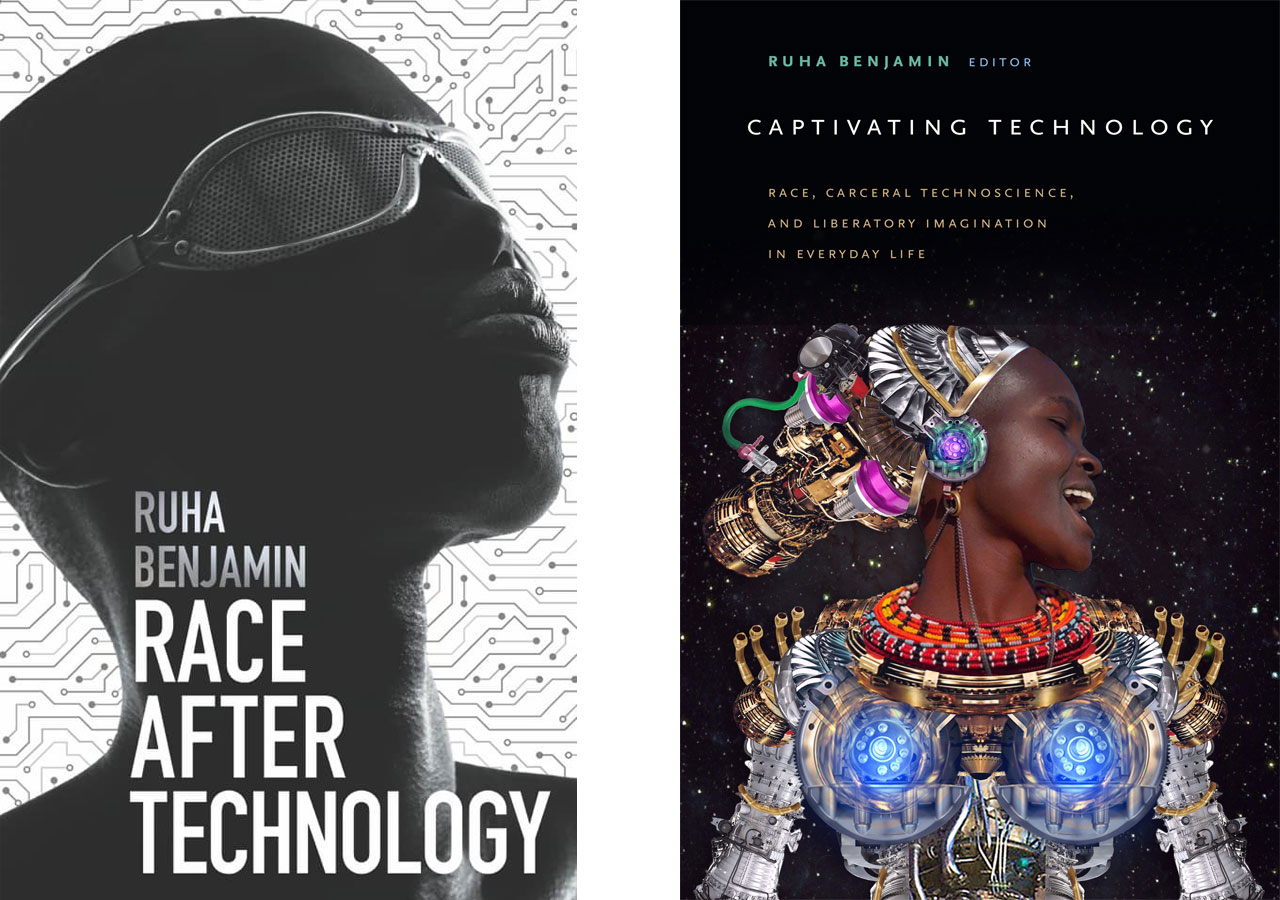5 Bold Voices Redefining Conversations in Education Spaces
/At a time when academic institutions are grappling with issues of equity, free speech, and societal change, the voices leading these discussions matter more than ever. From race and power to media representation and historical narratives, five powerhouse scholars are shaping today’s most urgent conversations. Their expertise isn’t just informative; it’s transformative. As we celebrate Women’s History Month, discover why these leading thinkers should be at the center of your next campus event.
Read More






